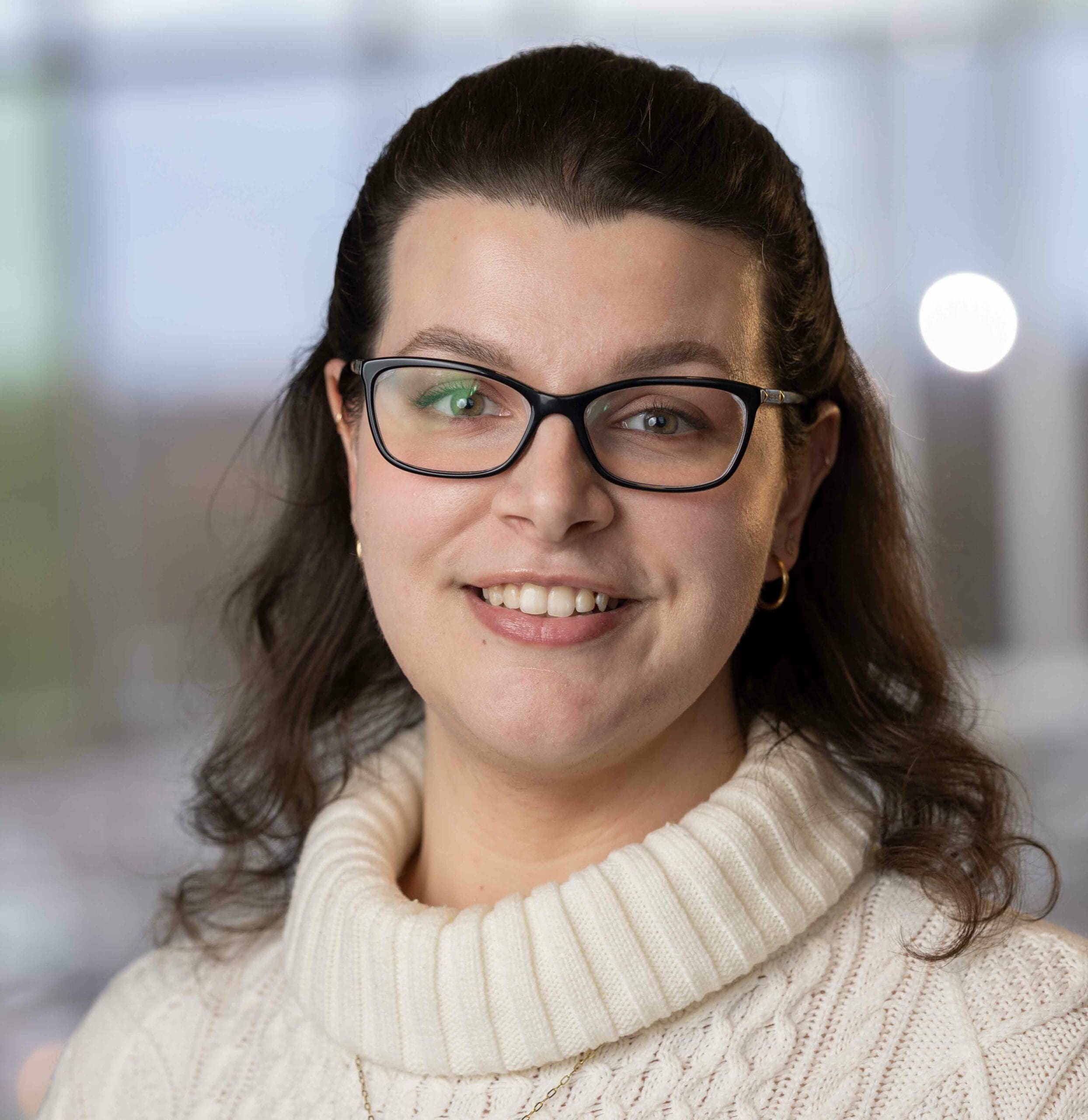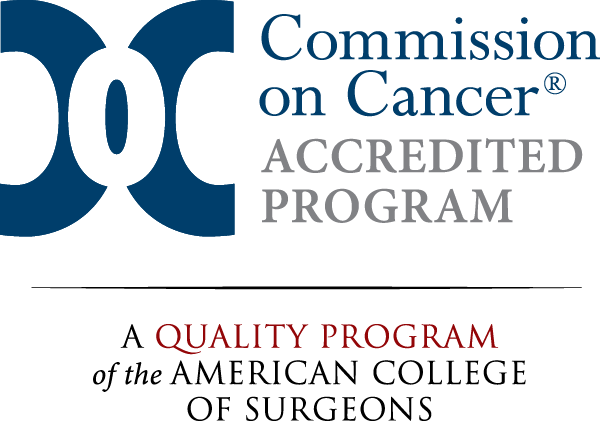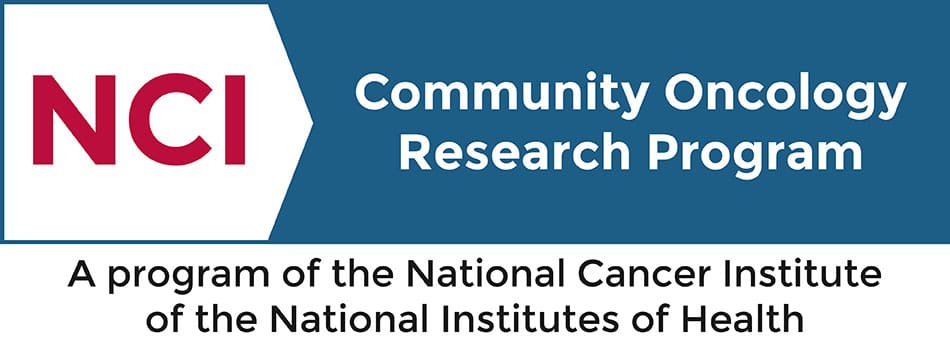- CANCER CARE
- Cancer Centers of Excellence
- Cancers We Treat
- Brain/Neuro Cancer
- Breast Cancer
- Colorectal Cancer
- Lung Cancer
- Prostate Cancer
- Bile Duct Cancer
- Bladder Cancer
- Bone Cancer
- Cervical Cancer
- Duodenal Cancer
- Esophageal Cancer
- Gallbladder Cancer
- Head and Neck Cancer
- Kidney Cancer
- Leukemia
- Liver Cancer
- Melanoma
- Multiple Myeloma
- Lymphoma
- Ovarian Cancer
- Pancreatic Cancer
- Rectal Cancer
- Soft Tissue/Sarcoma
- Small Intestine Cancer
- Stomach Cancer
- Thyroid Cancer
- Uterine Cancer
- Vaginal Cancer
- Vulvar Cancer
- Testicular Cancer
- Cancer Treatment Options
- Cancer Support Services
- Fertility Program
- Nurse/Patient Navigators
- Nutrition Counseling
- Supportive Care and Services
- Lymphedema Management Program
- Quit Smoking Program
- Oncology Social Work
- Support Groups
- Survivorship Program
- Wellness Programs
- Community Resources
- Lung Navigation Program
- Breast Health Navigation Program
- Gastrointestinal (GI) Cancer Navigation Program
- Gynecological Oncology Navigation Program
- Hospice Service
- Cancer Genetics Program
- Cancer Centers of Excellence
- Cancers We Treat
- Brain/Neuro Cancer
- Breast Cancer
- Colorectal Cancer
- Lung Cancer
- Prostate Cancer
- Bile Duct Cancer
- Bladder Cancer
- Bone Cancer
- Cervical Cancer
- Duodenal Cancer
- Esophageal Cancer
- Gallbladder Cancer
- Head and Neck Cancer
- Kidney Cancer
- Leukemia
- Liver Cancer
- Melanoma
- Multiple Myeloma
- Lymphoma
- Ovarian Cancer
- Pancreatic Cancer
- Rectal Cancer
- Soft Tissue/Sarcoma
- Small Intestine Cancer
- Stomach Cancer
- Thyroid Cancer
- Uterine Cancer
- Vaginal Cancer
- Vulvar Cancer
- Testicular Cancer
- Cancer Treatment Options
- Cancer Support Services
- Fertility Program
- Nurse/Patient Navigators
- Nutrition Counseling
- Supportive Care and Services
- Lymphedema Management Program
- Quit Smoking Program
- Oncology Social Work
- Support Groups
- Survivorship Program
- Wellness Programs
- Community Resources
- Lung Navigation Program
- Breast Health Navigation Program
- Gastrointestinal (GI) Cancer Navigation Program
- Gynecological Oncology Navigation Program
- Hospice Service
- Cancer Genetics Program
Cancer Genetics Program
Find out if you’re at a higher risk for cancer.
For some families, cancer seems to be inherited or passed down from one generation to the next. There may be several relatives who have been diagnosed with the same type of cancer, perhaps at an early age. Their cancer may be a result of an inherited gene change or mutation.
The Cancer Genetics Program at Capital Health Cancer Center helps individuals and families understand their genetics and how it may affect them.
Who should get a genetic assessment?
Individuals who can benefit from this assessment include those with a:
- Cancer diagnosed before age 50.
- A diagnosis of several different kinds of cancer.
- Cancer in both sets of an organ (i.e. both kidneys or both breasts).
- Several 1st or 2nd degree family members who have had cancer.
- A family history or personal history of male breast cancer.
- Physical symptoms such as neurofibromas or those with multiple colon polyps.
- A family history or personal history of cancer and of Ashkenazi Jewish ancestry.
How our cancer genetics team helps you
A cancer genetics assessment provides information about how heredity and environmental factors may cause cancer in a family or an individual. At Capital Health, your cancer risk consultation will be with a certified genetic counselor who can provide accurate information about your cancer risk, cancer screening, and genetic testing. This information can relieve anxiety and provide a sense of control.
- A visit with the Capital Health Genetic Counseling team includes:
- An explanation of how cancer develops and how it is inherited
- A thorough review of your family history
- An assessment of your risk to develop cancer
- An estimation of the likelihood that there is a detectable cancer gene in your family
- A discussion of the risks, benefits, and limitations of genetic testing
- A discussion of the genetic testing options
- Recommendations for cancer screening
- A comprehensive summary letter


Erica Linden
MD, Medical Director of Breast Oncology and Cancer Genetics


Rona Remstein
RN, MSN, Cancer Genetics Nurse Coordinator, Cancer
Center Director


Erin Shehan
MS, Licensed Certified Genetic Counselor


Nina Earle
Genetic Counseling Assistant
How to schedule a screening appointment
To schedule a consultation, please call either 609-537-7043 or 609-303-4839 or submit a call back request below.



